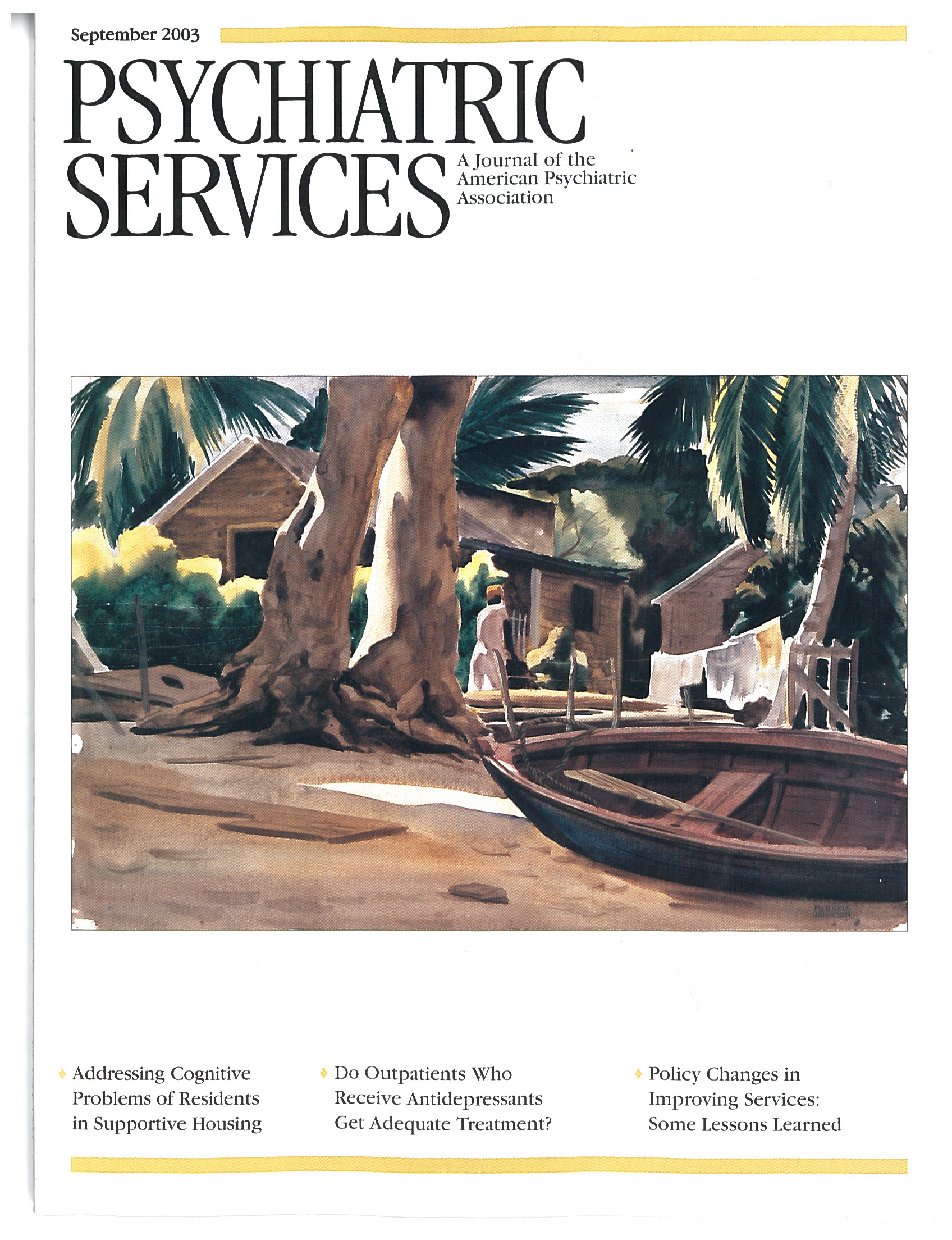Unified Funding: New Freedom Commission's Only Hope
Five years ago, writing in The Lancet, Norman Sartorius proclaimed that we have the money to treat people with mental illness but that the money is not made available because of the attitudes of most decision makers. Our leaders remain mired in a political paradigm in which programs are layered and patched together in a Rube Goldberg manner, according to who shouts the loudest.
A better idea has been in circulation for at least 20 years: single-source funding for mental illness. By my rough calculations, combining state expenditures on treatment and a small fraction of the budgets of the major federal programs related to mental illness into a single fund would yield about $70 billion—a far greater sum than the approximately $36 billion spent yearly in the public sector.
Lest anyone say that it can't be done, the federal government just did something very similar with the creation of the Department of Homeland Security. Is treatment not as urgent a need? A very conservative estimate indicates that mental illness accounts for $63 billion a year in lost productivity.
The same President who reorganized the federal bureaucracy to help ensure homeland security also appointed the New Freedom Commission on Mental Health. In its October 2002 interim report, the commission promised to propose "bold new directions" in reforming an ailing system. Unfortunately, one of the directions that the commission sounded as though it was poised to take was what a former client of mine called "check snatching." Drawing a terribly inappropriate analogy to the "welfare" system of old, the commission coined the phrase "disability dependency" and lamented the huge sums spent on disability payments.
In its final report released in July, the commission seemed to realize that to achieve real reform, state mental health authorities must manage all the money in the pipeline, eliminating the need for consumers to go to multiple agencies to manage their recovery. The commission recognized this fragmentation but proposed only a half measure by endorsing "state plans" to coordinate services—a valid but hardly new idea. In discussing federal agencies, the final report only hints at the desperate need for consolidated funding.
Experience shows that state mental health authorities will never be wholly accountable unless they disburse all the funds. A mélange of unstable funding—state general revenues, federal block grants, targeted grant money, and Medicare and Medicaid dollars—does not produce a stable, recovery-based system. The New Freedom Commission accurately sketched many systemic problems, but far bolder steps are required to reach the commission's stated goals. As Dr. Sartorius said, the money is there. We have a way, but do we have the will?



